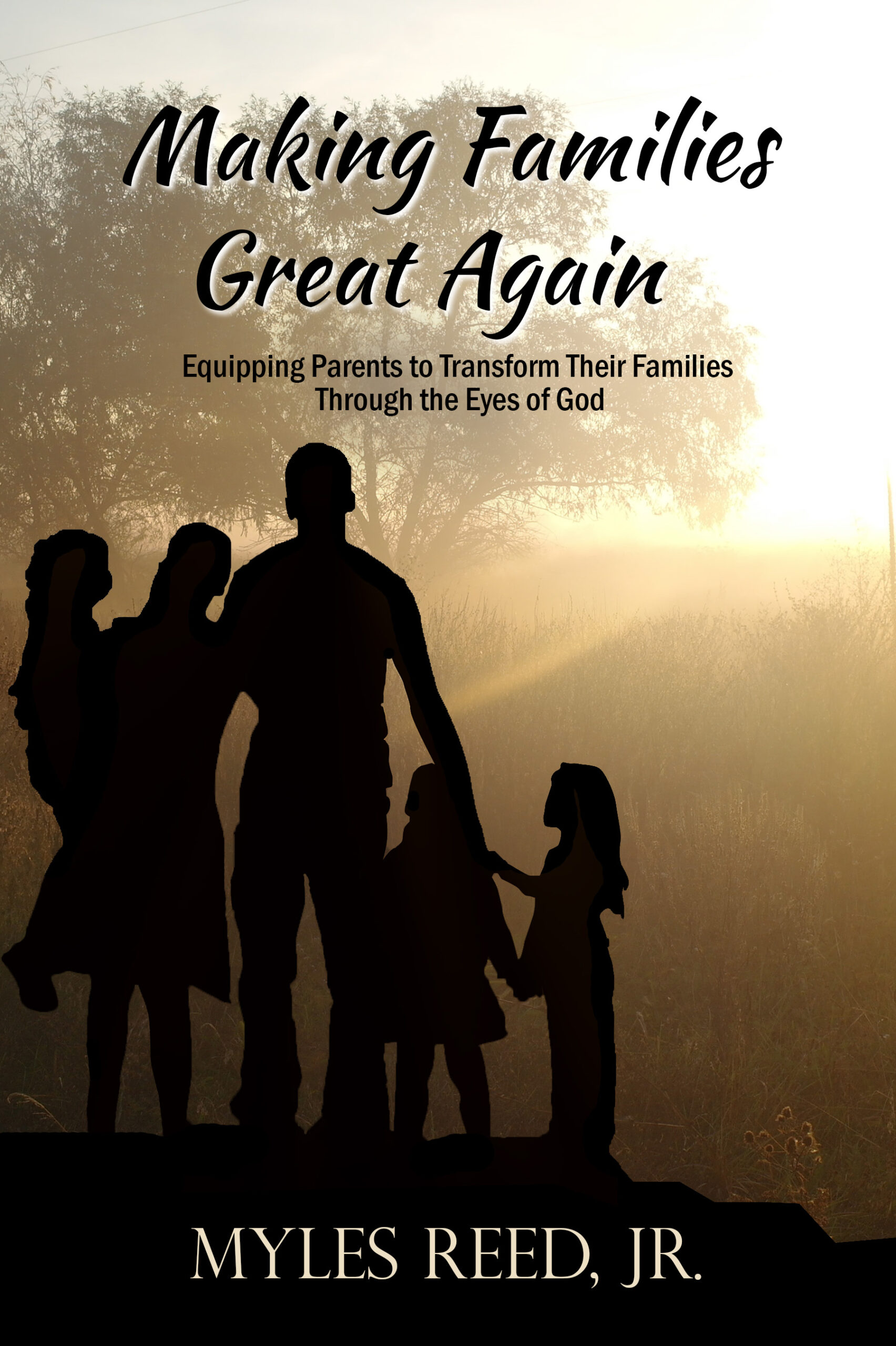The best writing gives the words in the precise sequence to the way everything would be observed. We should try to avoid ending a sentence with something that happened earlier. For example: He picked up his clothes after entering the room. Since entering the room was the first action, the “after” prepositional phrase works best at the beginning.
Here are some great words from Deadly Stakes by J. A. Jance:
The place was littered with empty pizza boxes. Cockroaches scurried out of sight as the door opened. There were flies circling a garbage can overrun with dirty diapers. Natalie went straight to the wailing baby and found Gemma dirty and hungry and inconsolable in a crib. Daniel found Caroline on a bare mattress on the floor in the second bedroom. She was passed out cold with a syringe lying on the floor next to her.
What we might see for an improved version:
As the door opened, cockroaches scurried out of sight. The place was littered with empty pizza boxes. Flies were circling a garbage can overrun with dirty diapers. Natalie went straight to the wailing baby Gemma in her crib, dirty and hungry and inconsolable. Daniel found Caroline in the second bedroom, passed out cold on a bare mattress on the floor, with a syringe lying on the floor next to her.
Logic for making improvements:
- The pizza boxes couldn’t be seen until after Natalie entered the room. Therefore, the first sentence should follow the one about cockroaches.
- The scurrying of cockroaches came after the movement of the door opening, so we need the opening phrase to be “as the door opened.”
- “There were” is a weak sentence beginning because nothing exists in those words to form a mental picture. A simple switch of word order, beginning with a noun, makes a stronger sentence. Instead of “there were flies circling,” we want “flies were circling.”
- In the fourth sentence, Natalie went straight to the wailing baby and found Gemma. Did Natalie find someone other than the wailing baby as we might be led to believe? We need to resolve that confusion by describing the infant as “the wailing baby Gemma.”
- We can leave out “found,” which is obvious if Natalie went straight to the baby. By leaving it out, we avoid having that verb repeated in the sentence that follows.
- First, Natalie saw the baby. What was next in her recognition? Probably the crib, so we want to move “in a crib” from the end of the sentence to precede her observation of the baby’s condition.
- In the fifth sentence, Daniel’s first action was to reach the second bedroom. Only then could he find Caroline there. So we need to move “in the second bedroom” toward the front of the sentence. We could use it as an introductory phrase, but that would leave us thinking Natalie was going there. Beginning with “Daniel” is best.
- When Daniel entered the room, he would first see Caroline passed out cold. Immediately after that, he’d pay attention to where she was, and finally he’d notice the syringe. Therefore, we want to move “passed out cold” to right after he finds her in the second bedroom.




 Character is a critical key to becoming a person of quality, and it starts in the home!
Character is a critical key to becoming a person of quality, and it starts in the home!